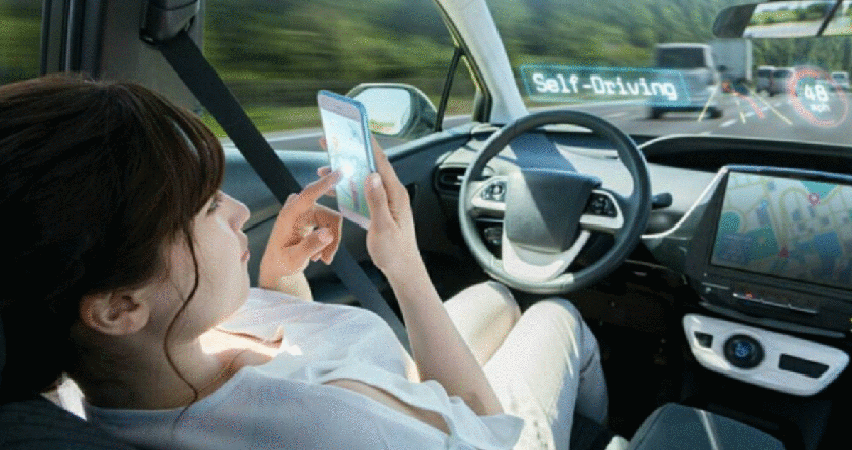Even in the most complicated cases, there are established rules to determine who should pay after a vehicle collision. Those rules are based on decades of information about driver behavior, with little consideration for changes to automotive technology.
The recent development of self-driving cars by Tesla, Mercedes, and others raises new concerns about insurance settlements for car accidents. Under existing accident law in at-fault states such as California, liability may be divided among multiple parties. However, this new era of self-driving cars leaves many legal questions open.
Safeguard or Hazard?
Because they reduce the potential for human error, self-driving cars may decrease the number and frequency of car crashes, but recent events demonstrate that self-driving cars are not risk-free. An automated Uber car crashed in the Spring of 2017, and last year, Joshua Brown lost his life behind the wheel of a self-driving Tesla.
Regulators are slow to come to conclusions. While the National Highway Traffic Safety Administration found that the car Brown was driving was not defective, a National Transportation Safety Board report later concluded the accident was, in part, due to the man’s over-reliance on the Tesla autopilot system.
Raising New Questions
Self-driving cars pose many legal issues for car accident lawyers in California and other states. Attorneys, regulators and insurers will have to ask different questions about who is ultimately to blame.
In a research paper quoted by The Washington Post earlier this year, a law professor at the University of South Carolina identified several possible changes to how things work in car accident cases. Overall, accidents may be framed as product liability cases rather than as driver negligence cases.
- Instead of drivers, car manufacturers, designers and software developers may face liability in the event of a crash.
- Drivers may sue for misrepresentation if a self-driving car is not as safe as a human driver and the manufacturer implies it is so.
- In order to deny fault, many drivers will argue the automated system did not perform as expected.
Although it will be quite some time before automated cars comprise the majority of vehicles, it will only be a few years before there are many on the road. While these cars may be safe under certain conditions, they are more problematic on the roadways given the unpredictability of human drivers in non-automated cars.
Learn More About Your Legal Rights
If you question who is liable in a car accident that injured you or a loved one, contact the Law Offices of Zappettini and Bradley today. We’ll help you find the answers you deserve.

